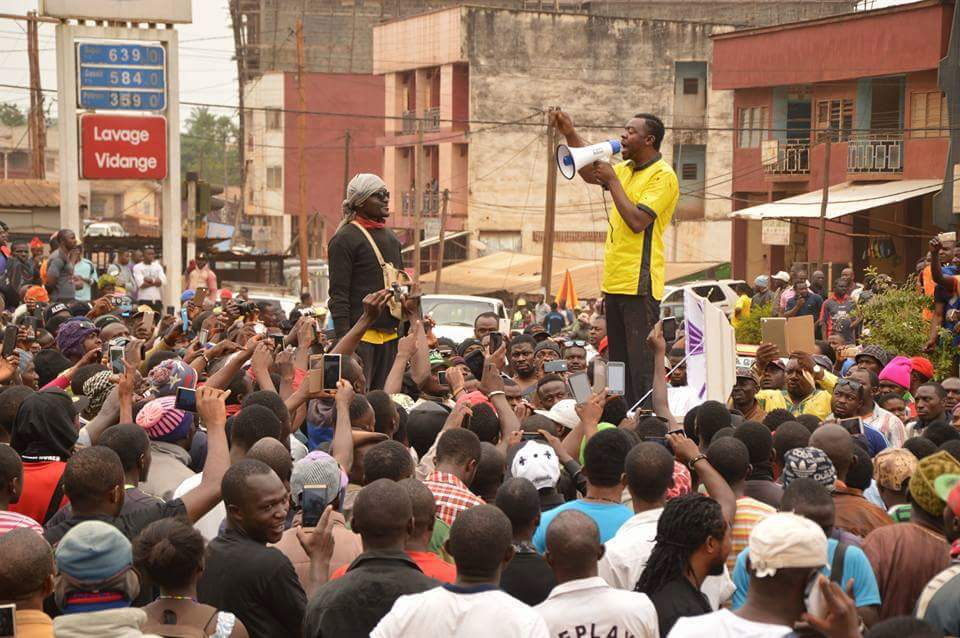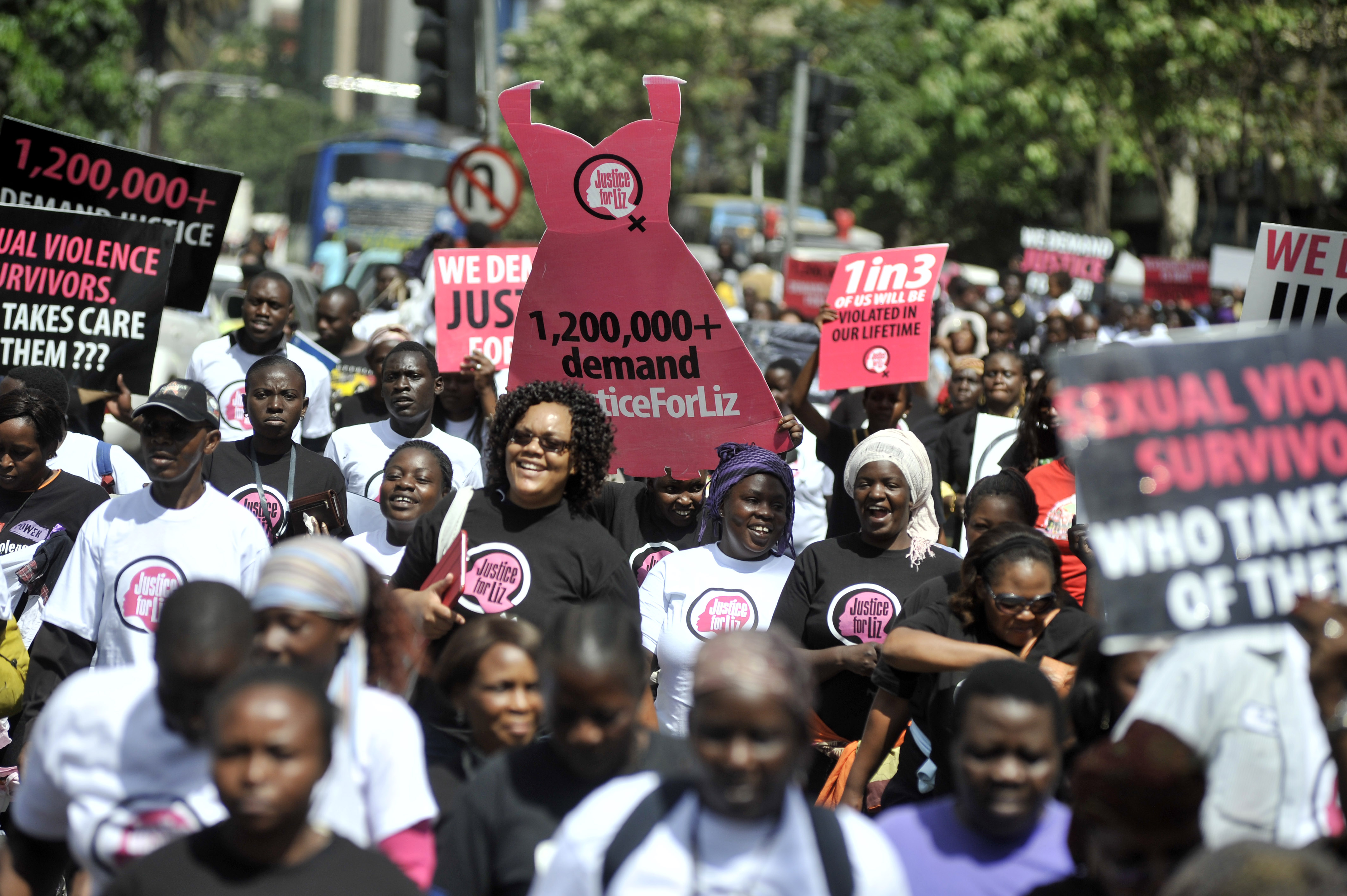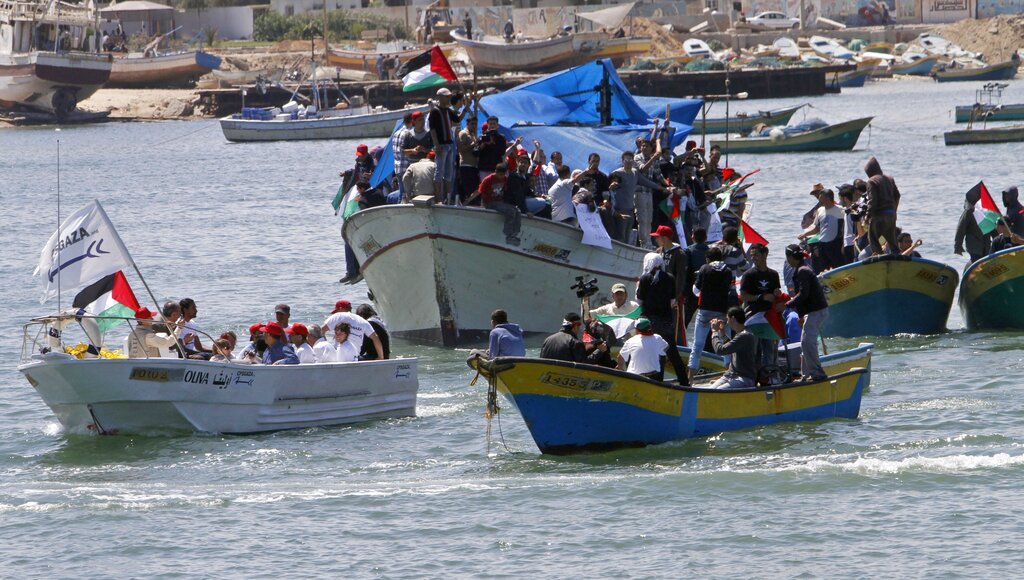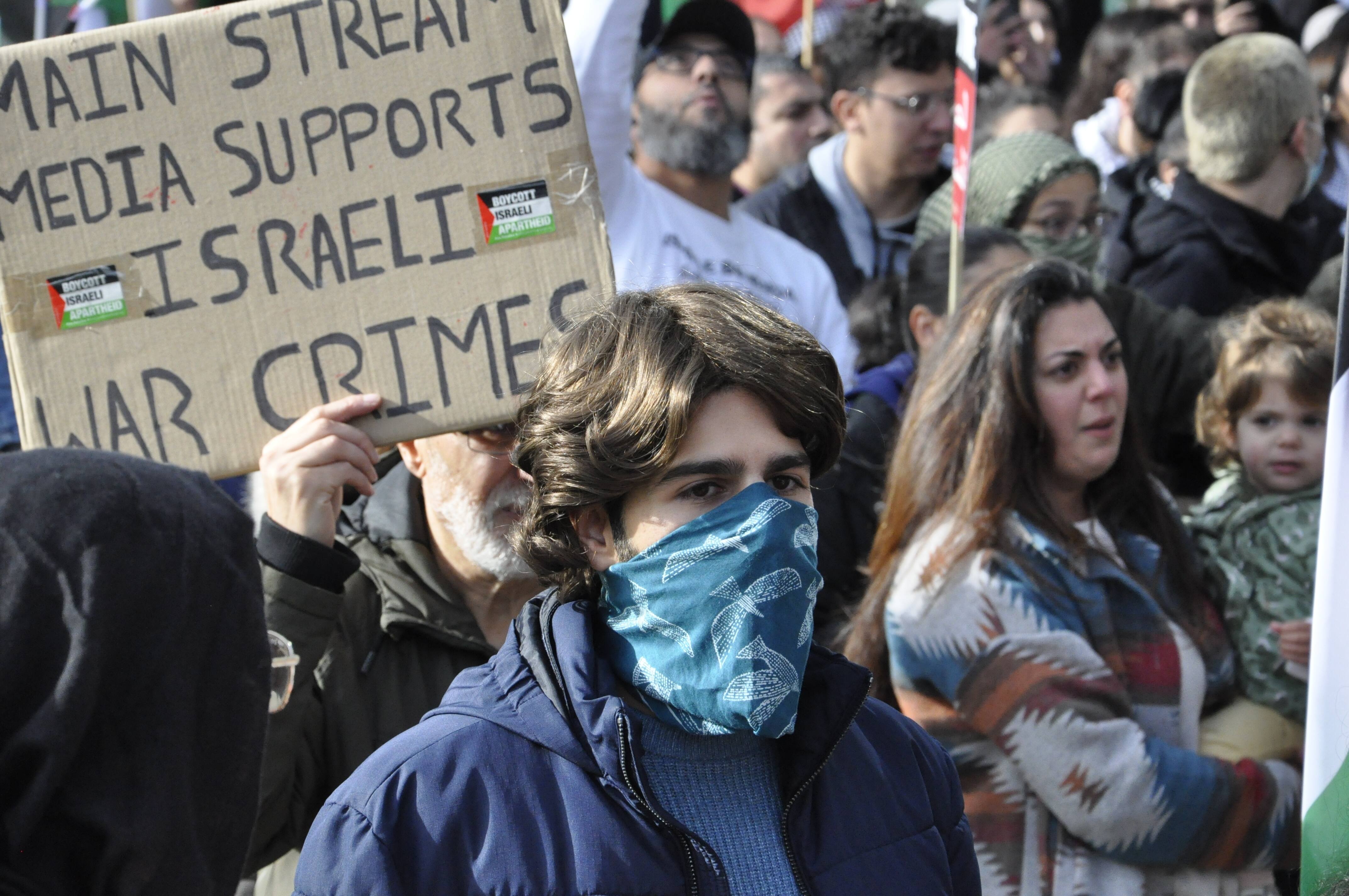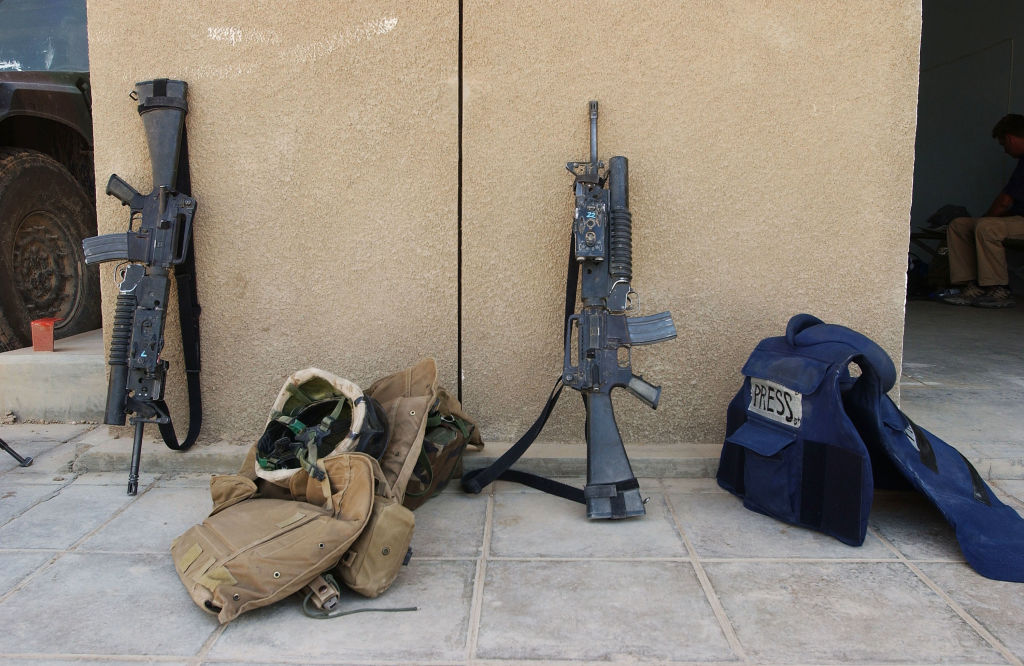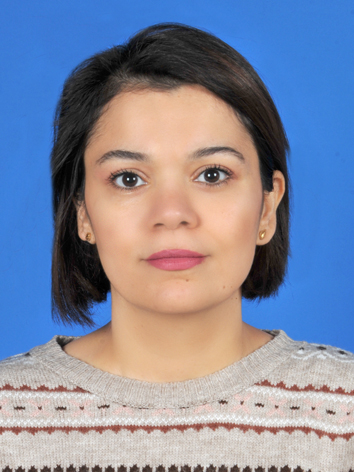في يوم تشريني من عام 2012، بعد احتفالي بعيد ميلادي الثامن عشر، وصلت إلى البوابة الرئيسية لكلية الإعلام والتوثيق في الجامعة اللبنانية. ممثلو الأحزاب يصطفون في مجموعات توزع منشورات ودفاتر وأقلاما وبعض الوجبات الخفيفة.. الطابع المسيحي للكلية متوقع، إذ تعتبر الفروع الثانية معقل الأحزاب المسيحية بعد تأسيسها في عهد الرئيس السابق بشير الجميل.
اختياري لهذا الفرع كان بحكم القرب الجغرافي، مع كل ما يصاحبه من التعامل مع بيئة -وإن ترعرعت فيها- لم تشعرني يوما بانتمائي إليها.
"زبائنية إعلامية"
الانتقال من العيش في محيط ذي طغيان سياسي، يصبح أكثر نفورًا عندما تغدو الزبائنية مباشرة في الجامعة، خاصة في علاقة الأحزاب القوية مع الإدارة وعدد من الأساتذة.
سنوات دراستي الثلاث الأولى كانت في مبنى الكلية القديم بمنطقة سد البوشرية.. لقد تركت السنوات أثرها عليه.. جدرانه مهترئة.. البلاط قفز من مكانه.. غياب لوسائل التدفئة والتكييف.. المراحيض غير مصانة.. المكتبة غير مجهزة بالكامل، فلا أستوديو ولا كاميرات في كلية تعتبر هذه الوسائل أساسية فيها.
البرنامج الدراسي كان متخما بالمواد.. في أحيان كثيرة تتشابه الدروس.. دخل إلى الصفوف عدد من الأساتذة المفتقرين إلى الكفاءة، وكنا نشعر دائما بعدم الانتماء إلى الكلية أمام من يقدم مادة غير متمكن منها، في حين يُصدم عدد كبير من الطلاب بماهية الاختصاص، فالأفكار المسبقة تقول إننا قادمون إلى كلية إعلام، أي سندرس كيفية كتابة المقالات وإجراء مقابلات، مكتوبة ومرئية ومسموعة، وإتقان العمل بكل التقنيات المطلوبة، وتعلم طريقة التعامل مع الكاميرا.. هذه المواد وجدت إلى جانب المواد النظرية الكثيرة التي تشكل نصف الاختصاص.
هنا تختلط الصدمة بالنفور من الاختصاص، إذ في الفصلين الثالث والرابع يجد الطالب نفسه أمام مواد علمية وجامدة لم يتوقع اجتيازها ليغدو صحفيا: من مواد البحث العلمي، ودراسة الجمهور، والإحصاء، وتحليل الصورة والنص وغيرها.. كُثر تخلوا عن الاختصاص في هذين الفصلين، ومنهم من عانوا للخروج منهما.
يجمع اختصاص الصحافة في الجامعة اللبنانية بين الصحافة وعلوم الاتصال، إذ تتخبط الكلية بين هويتين: مدرسة صحافة وكلية علوم اتصال. هذا التخبط أيضا تعانيه في تقسيم البرنامج الدراسي، بين أعوام وفصول.
كل فصلين يشكلان عاما دراسيا، والطالب ينتقل من سنة إلى أخرى وليس من فصل إلى آخر، لكن في الوقت نفسه عليه الحصول على عدد معين من الوحدات في كل فصل للانتقال إلى السنة الموالية.
في سنتي الدراسية الثانية، تطور المنهج: قُلّص عدد المواد، منها ما ألغي، ومنها ما دمج مع مواد أخرى.. بات الاختصاص أخف على الطلاب.
تعاني الجامعة اللبنانية من مشاكل كثيرة، وهي غير محصورة في كلية الإعلام، نتيجة المحاولات الكثيرة لضربها لمصلحة الجامعات الخاصة. وعليه يخصص لها ميزانية صغيرة، وتتحكم الزبائنية السياسية والدينية في تعيين الأساتذة، فيأتي المدعوم ويبقى صاحب الكفاءة خارجا، مما جعل نصف الأساتذة -أقله في كليتنا- غير مؤهلين للتدريس. لكن في المقابل، يوجد أساتذة متمكنون من المواد المعنية مباشرة بالاختصاص، أو في المواد العلمية، وإن كانوا قلة، فإنهم أصحاب الأثر الأكبر عند معظم الطلاب الذين مروا في صفوفهم.
يأتي مشروع التخرج كخاتمة لكل ما درسناه طوال ثلاث سنوات.. يبدأ الصراع في اختيار شكل المشروع بين وثائقي أو برنامج إذاعي. ورغم تفضيلي للصحافة المكتوبة، اخترت العمل على وثائقي لعدم رغبتي في التعامل مع لجنة الصحافة المكتوبة، إذ يتمسكون بالشكل والكتابة التقليدية في الصحافة.
يوم المناقشة، حرصتُ أن أقف بكل أناقة أمام اللجنة لأترك انطباعا إيجابيا بجديتي أمامهم. هذه الجدية قوبلت بأسئلة لم أتوقعها، فالوثائقي الذي عملت عليه كان عن واقع المسرح اللبناني، لأتفاجأ -مثلا- بسؤال لأستاذتي عن هوية نضال الأشقر (فنانة مسرحية).. اعتقدتُ بداية أنها كانت تختبرني، ليتضح أنها حقا لا تعرف من هي.
انتقلت من الاختصاص إلى الماجستير.. السنة الأولى كانت تشبه الاختصاص، وبينما تكررت بعض المواد، مما انعكس على حماسة الطلاب فلم يأخذ عدد منهم الدروس على محمل الجد، قررتُ ألا أكمل دراسة الماجستير حتى هذا العام.
ضوء في آخر النفق
عدت لأسجّل في شعبة الصحافة الاقتصادية والتنموية.. جاء القرار بعد تفكير طويل حول ضرورة التخصص، ووجدت أن الصحافة الاقتصادية هي الأقرب إليّ لأنها تهتم بجانب الصحافة الإلكترونية.
بعد مرور شهر على بدء الدروس، أكاد أجزم أنني أحسنت الاختيار، ولا أخفي عن أحد حماستي وحبي للمواد، ودهشتي من اختلافها تماما مع ما تلقيته في السنوات السابقة.
سنكون ظالمين إذا قارنَّا سنوات الاختصاص والماجستير مع ما تقدمه الجامعة لنا، رغم ضعف الإمكانيات. من جهتي، أتحدث عن انطباعين يفصل بينهما سبع سنوات، بكل ما تحمله من تجارب وتراكم وعي ونضوج نسبي، إلى جانب فترات العمل المتقطعة في المهنة والتماس المباشر مع تحدياتها وحركتها ومتطلباتها.
إضافة إلى كل تلك العوامل، ساهمت كل القراءات وشبكة العلاقات التي بنيتها في نضوج نظرتي للتخصص الجامعي بشكل عام، ولما أتوخاه مما أتعلمه وكيفية إسقاطه على العمل. هذه النظرة انعكست على طالبة لا تكاد تحضر صفوفها في سنوات التخصص، إلى طالبة لا تضيع ساعة في الماجستير دون تذمر.
أثناء السنة الدراسية الأخيرة، لم أفكر كثيرا قبل اختياري تخصص الصحافة، فقد أحببتها منذ الصغر.. كنت أشاهد نشرات الأخبار مع والدي، وأحببت السياسة في مراهقتي، لكني ابتعدت عن الصحافة السياسية في سنوات الجامعة لمتاهتها العبثية في لبنان.
سمعنا كثيرا بعد دخول سوق العمل أن تخصص الصحافة غير مجدٍ، وأنه مضيعة للوقت، حيث يتخرج الطلاب غير مؤهلين للعمل، في حين أن التدريب هو عمل المؤسسات الإعلامية التي تتخلى عن دورها في هذا المجال بينما قدم لنا التخصص أسس المهنة، الأمر الغائب تماما عن المؤسسات الإعلامية التي تتوقع دخول خريجين متمكنين من كل مفاصل المهنة، وتسعى لمحو ما تلقاه الطالب في الجامعة.
بين الجامعة وسوق العمل علاقة انطلاقة ومسار طويل، يرفض الأكاديميون والصحفيون حتى اليوم الاعتراف بالحاجة إلى تعاضدهما، وضرورة الجمع بين التحصيل الأكاديمي والاحتراف، خاصة مع دخولنا في العصر الرابع للآلة، وكل ما يمثله من تحديات على المهنة ومستقبلها. فلا بد من أن يتواضع الأكاديميون والصحفيون للارتقاء بالاختصاص كما المهنة، على حد سواء.
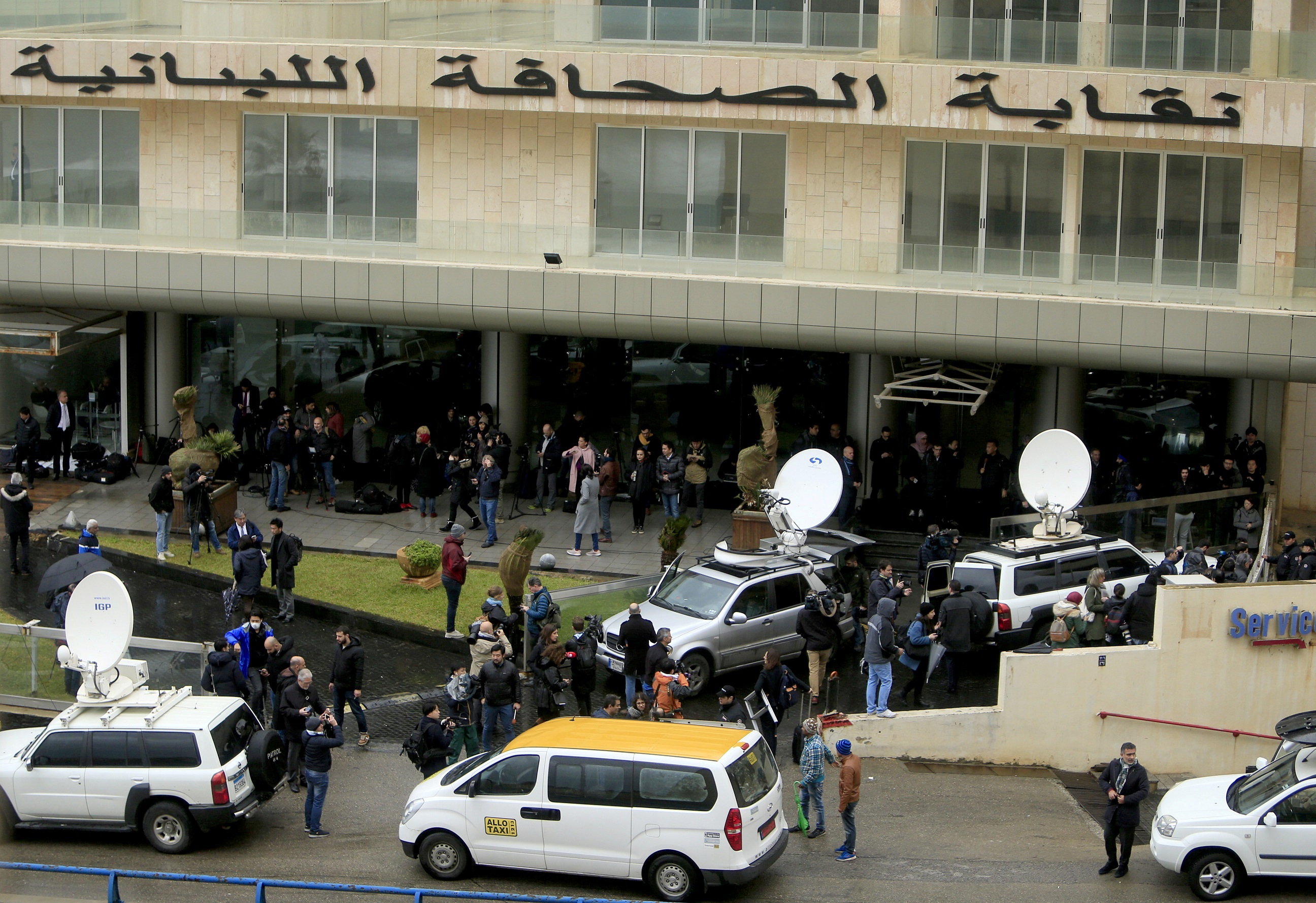
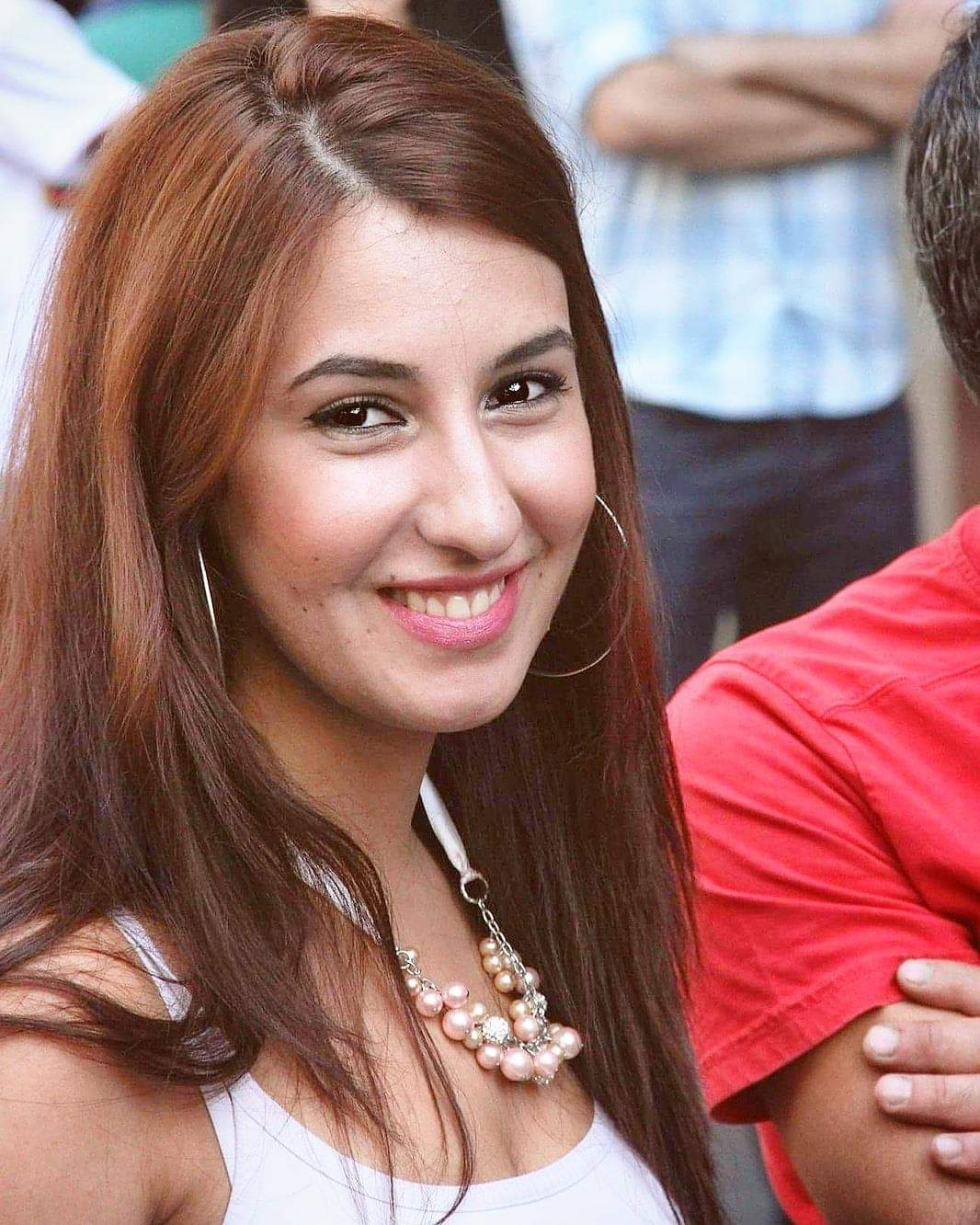
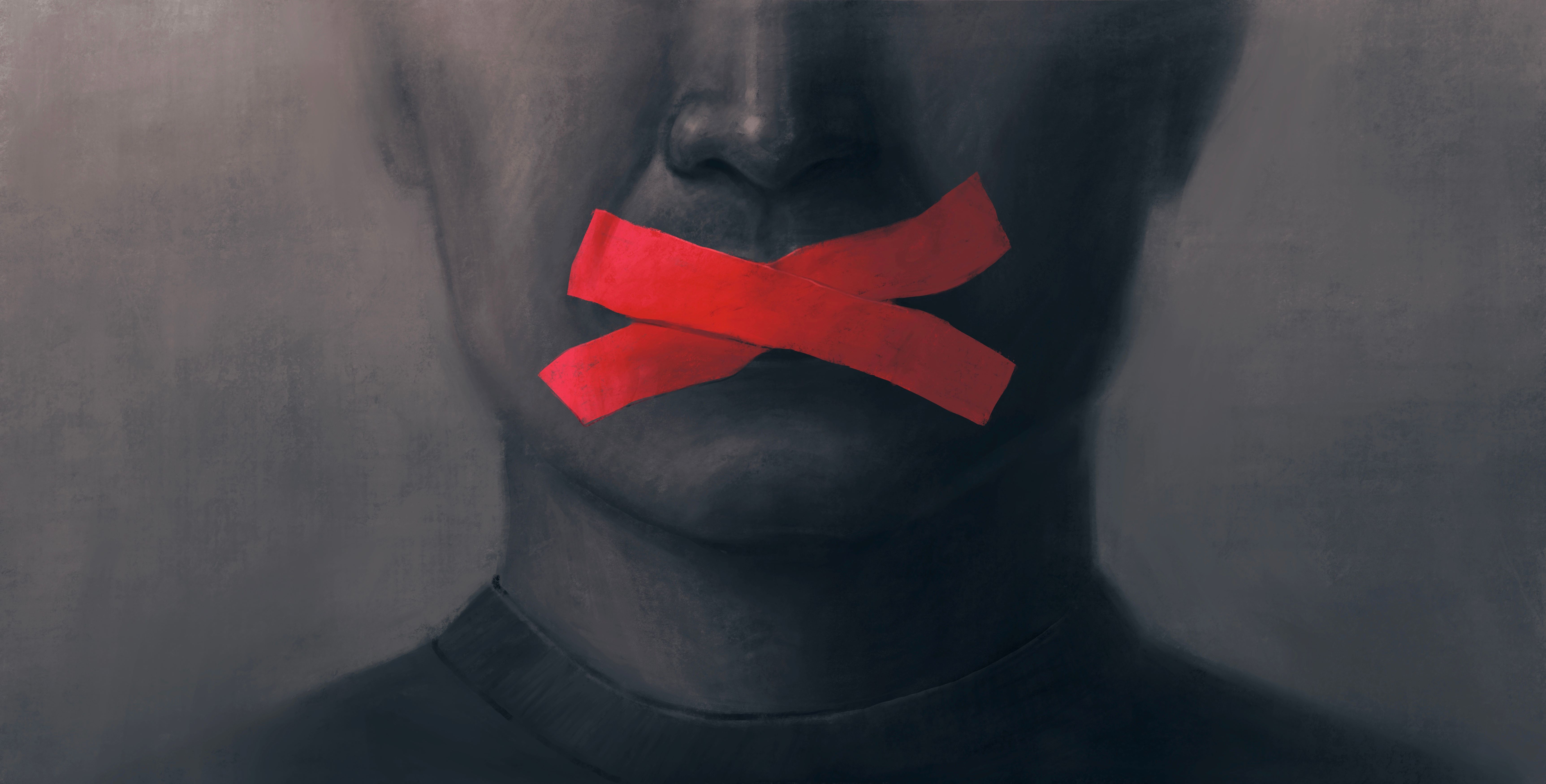



























![A demonstration against Israel's war on Gaza on Paulista Avenue in São Paulo on November 4, 2023, draws attention to the deaths of children while the media focuses on the war against terrorists. [Photo: Lina Bakr]](/sites/default/files/ajr/2024/Picture1.png)

